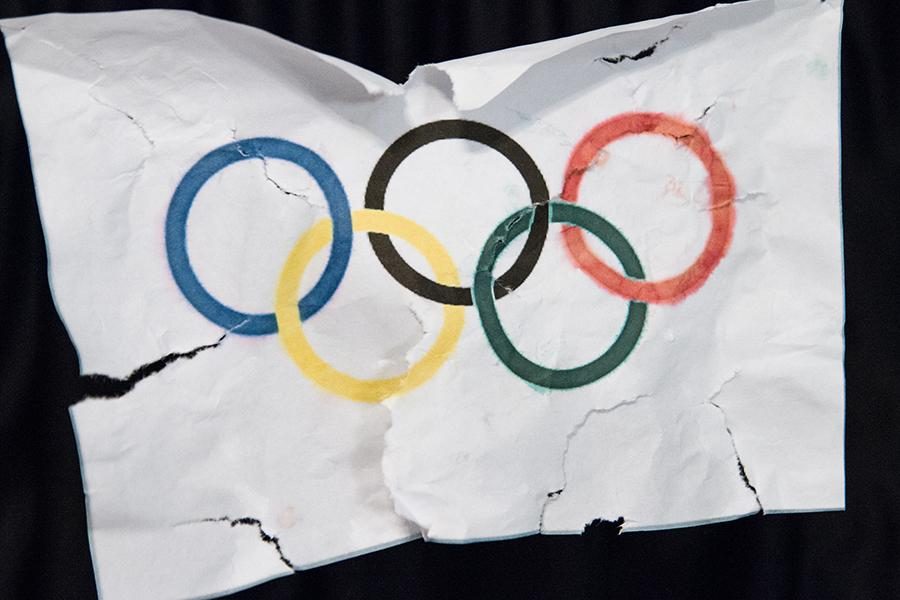Motins em Brasil
The recent motins em Brasil, or riots in Brazil, combined with political uproar, equal an uneasy Olympic and World Cup location.
Photo by Sydney Steed
The riots in Brazil leave the decision to hold the 2016 Olympics there questionable.
August 27, 2013
The Olympics have long stood for peace and international unity, pulling together people from every corner of the world to compete for the highest athletic honors. However, in light of the recent political and civil unrest plaguing Brazil, this goal of global repose may not become a reality.
Protesters have littered the streets in many of Brazil’s major cities since early this June, voicing concern over lax transportation, health services and education which remain far from ideal, despite the heavy taxes that many Brazilians have struggled to pay. Though many of the demonstrations have been largely peaceful, they have been met with brutality from local police departments and are, consequently, becoming increasingly violent.
Brazil is scheduled not only to host the 2016 Summer Olympics but the 2014 World Cup as well, adding to the country’s financial concerns and multiplying civil tensions hundredfold. Many are sporting doubts toward Brazil’s ability to host these events, but it’s not the first time that the Olympics have been held in turmoil––calling to mind the Berlin games of 1936 and the Munich games of 1972.
The incident that occurred on June 30 of this year in the state of Maranhao, during which a referee was stoned to death, beheaded and dismembered on the soccer pitch after stabbing one of the players, adds to the overall uneasiness of Brazil’s situation, despite the fact that it is unrelated to the protests that started the civil unrest in Sao Paulo on June 6 over the ten cent rise in bus and subway fares. Since these events have taken place, the world has begun to keep a wary eye on Brazil as hostility blooms throughout the nation, following the trail of protests flowering in over 100 of Brazil’s largest cities a bit more closely.
Of the million plus demonstrators, 56 percent are reported to be protesting the increase in transportation fares, and 84 percent are backing no political party, proving that this issue is not solely propaganda fueled, despite the political implications. Brazilian president Dilma Rousseff’s approval rating was said to have dropped from 57 percent to 30 percent this June, reflecting a newfound criticism aimed at government officials.
“Brazil awoke today stronger, the greatness of the demonstrations yesterday proves the importance of democracy,” Rousseff said in Brasilia, after a group of protesters stormed a Congress building. “Those who went to the streets gave a message that they want more citizenship, better schools, better hospitals, more participation. It was a repudiation of corruption, and careless use of government money.”
















